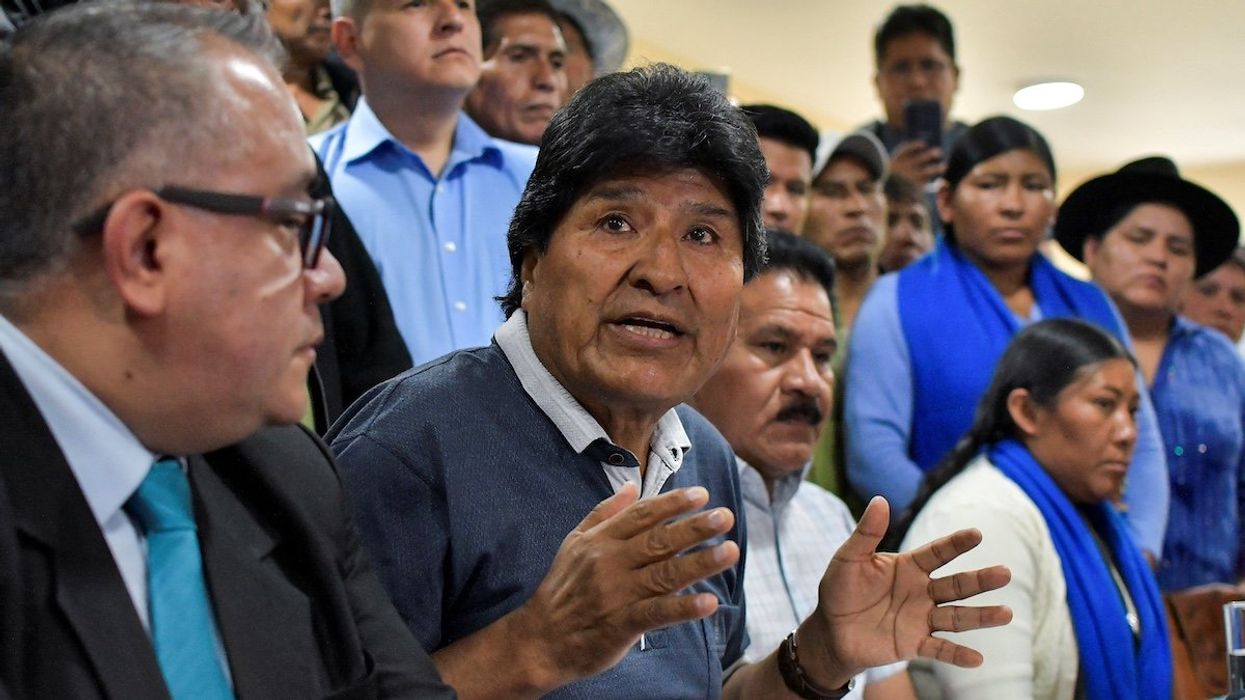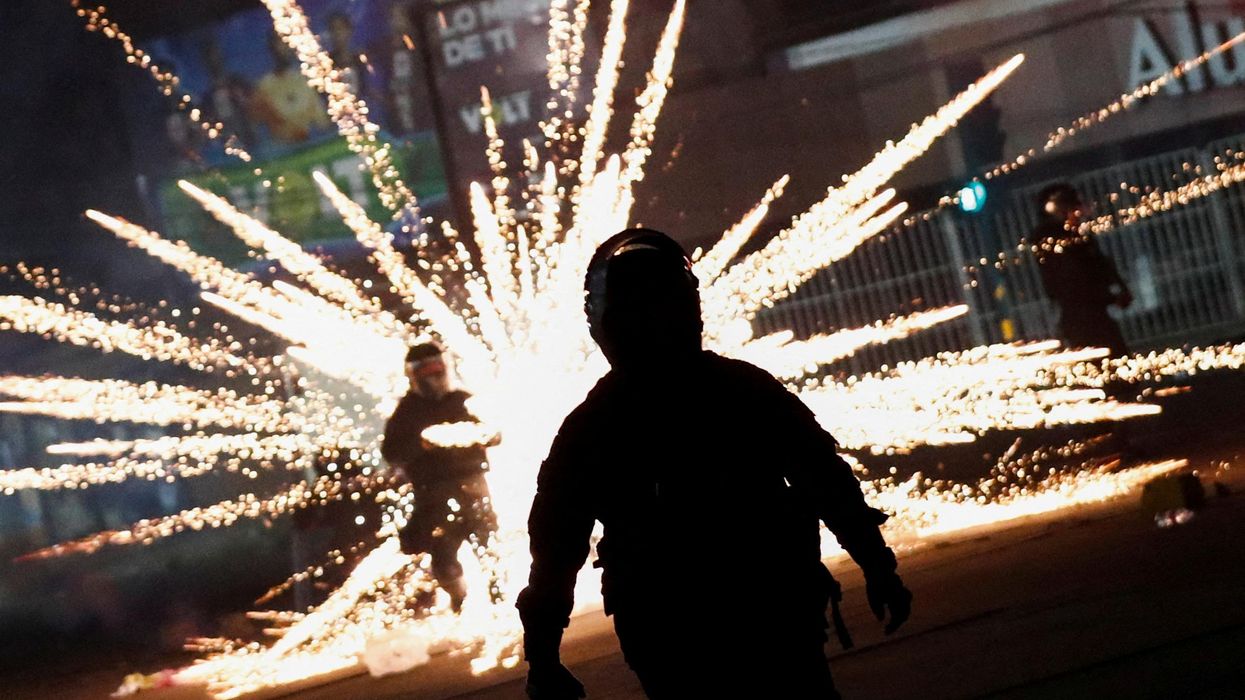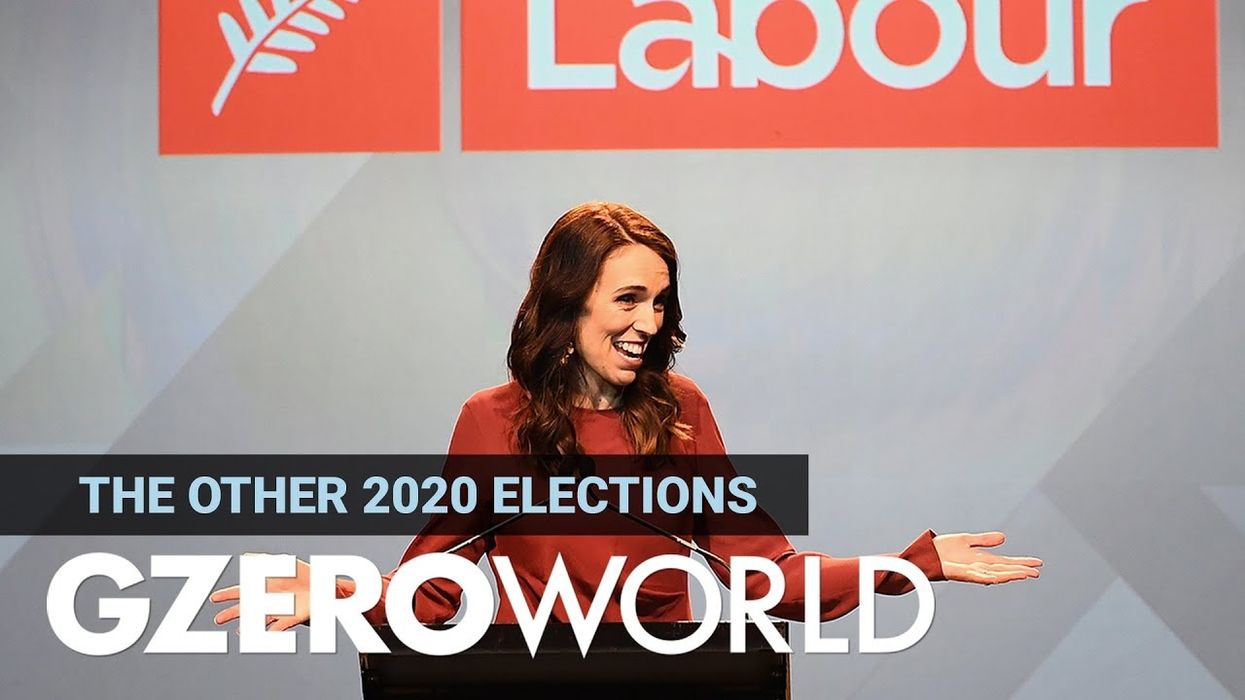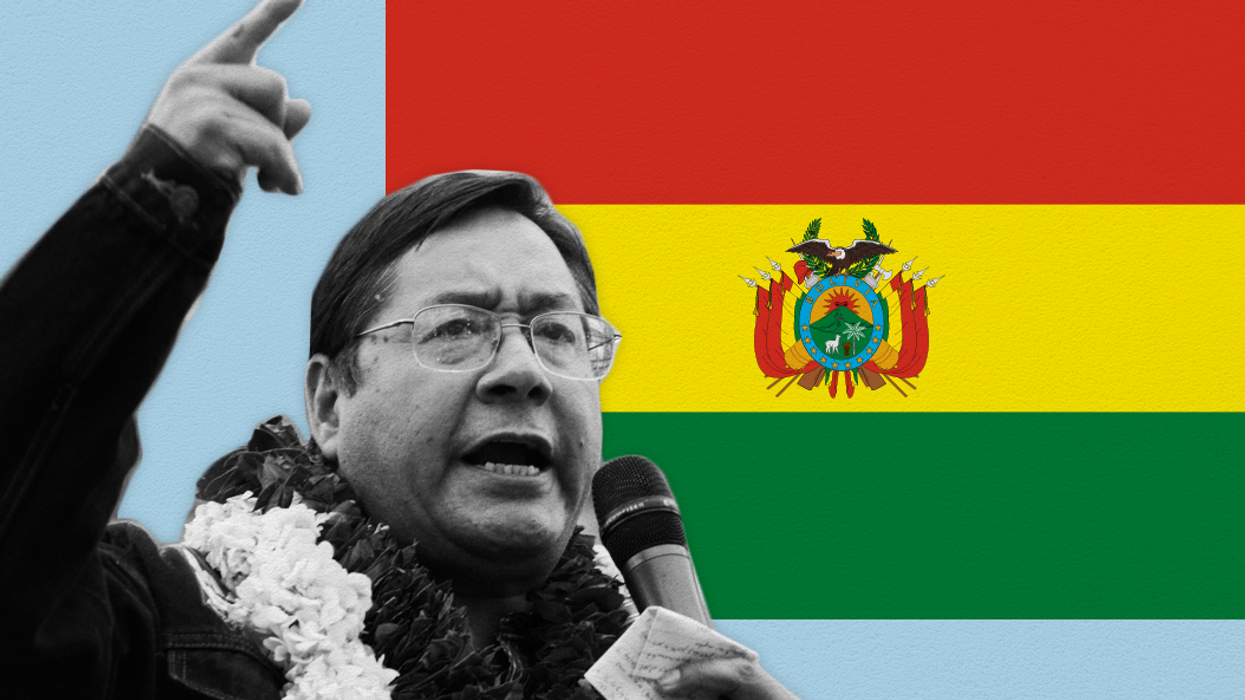What We're Watching
Did Bolivia’s ex-president stage an assassination … on himself?
The day after former Bolivian President Evo Morales claimed to have survived an attempt on his life on Sunday, Interior Minister Eduardo de Castillo accused Morales of staging an attempt on his own life.
Oct 28, 2024




